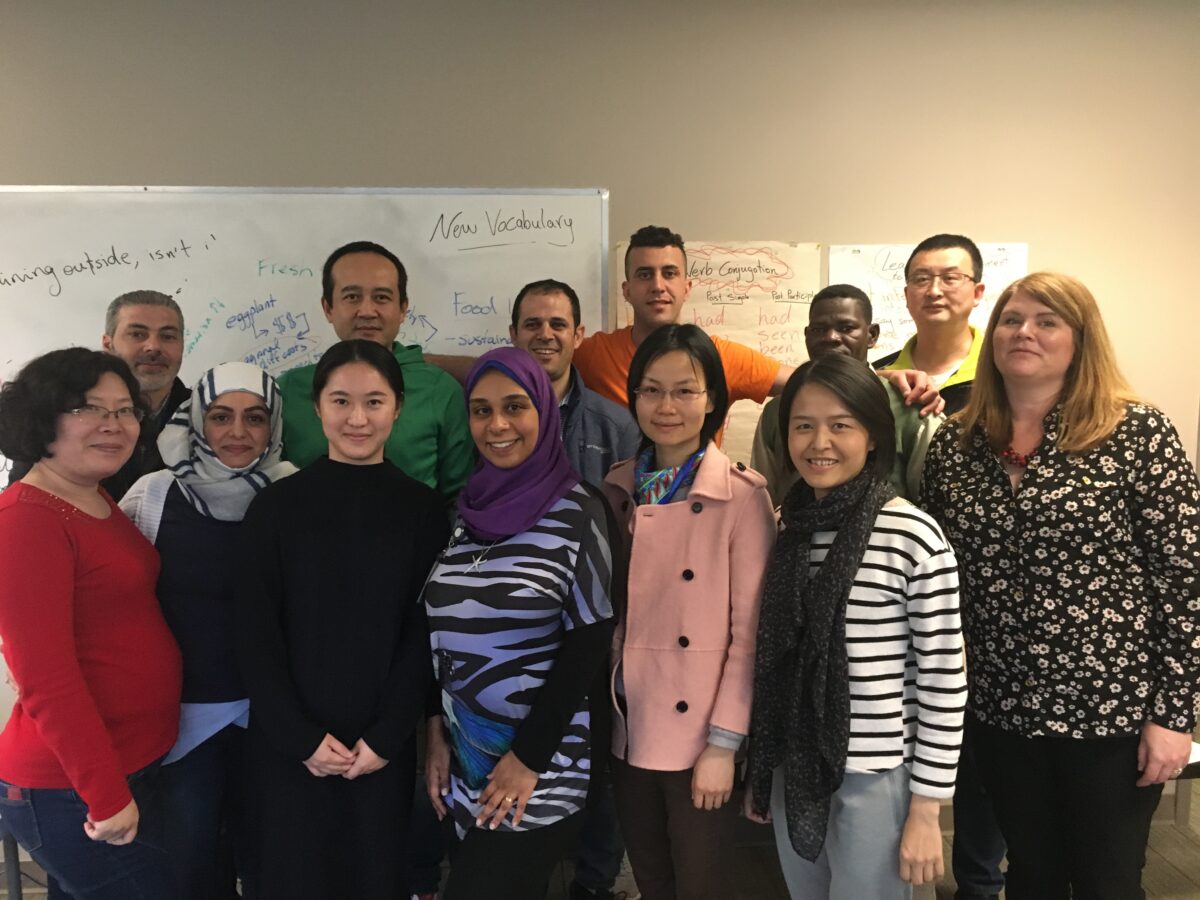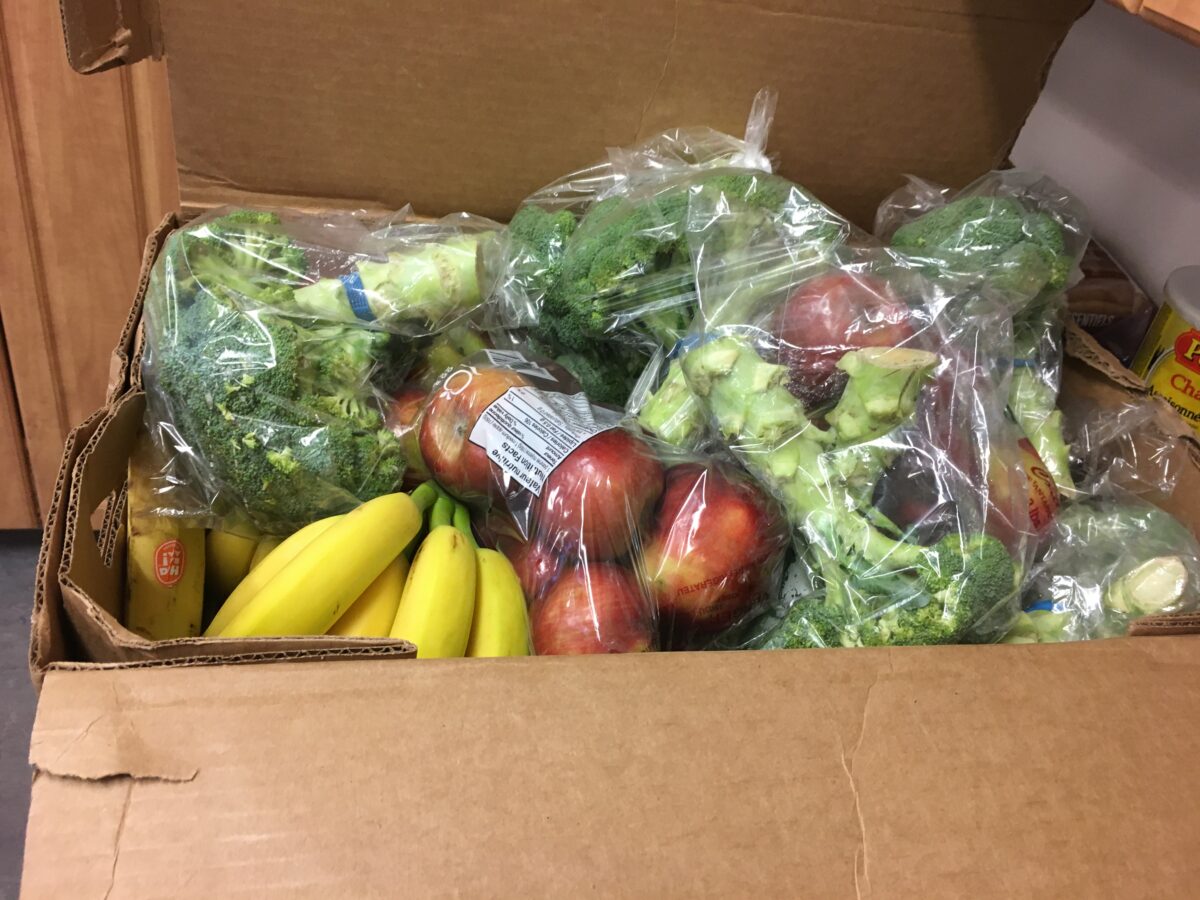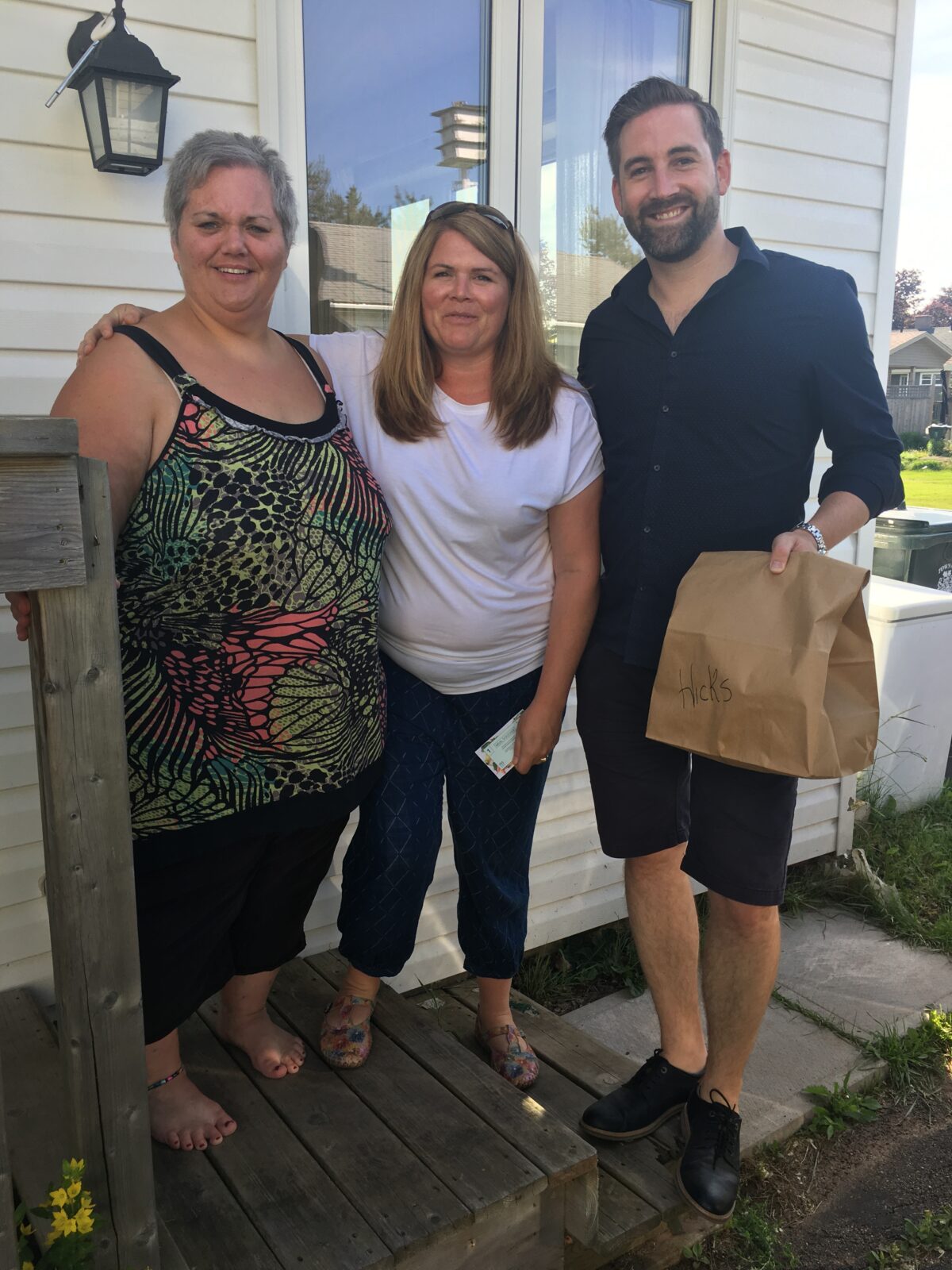The Challenge
Almost 30% of Nova Scotians have inadequate or insecure access to healthy, nutritious food—and Nova Scotia had the highest rate of food insecurity in Canada.
In 2017, the Nova Scotia Department of Opportunities and Social Development (OSD) committed to a four-year Poverty Reduction Strategy, which included funding Community Innovation Labs to explore new and innovative methods of addressing poverty.
We spent months engaging people, community organizations, and various interest groups to better understand the challenges and barriers facing citizens across the province
Davis Pier engaged community, organizations, and interest groups across the province to better understand the challenges and barriers facing Nova Scotians. From there we worked with community partners in the town of Amherst to stand up a Community Innovation Lab designed to tackle food security rates in the community.
The Approach
We know the most sustainable solutions to community challenges happen at the community level. Our approach focused on human-centred design and community-led advocacy to ensure the voices and perspectives of people experiencing food insecurity were at the heart of the effort.
We generated ideas and insights alongside community—spending over three months in communities across the province conducing focus groups, riding along in Feed Nova Scotia trucks as they delivered food, interviewing participants, and learning from personal stories. We worked with OSD and participants to narrow down the most feasible and effective approaches with integrity, talking through challenges with transparency and prioritizing community benefit.


We integrated these critical community insights with the principles of human-centred design to prototype a variety of solutions to actively address food security. In collaboration with community, we designed and tested what became known as the “Food Inclusive Housing model”—a model that we put to work in the town of Amherst over a three-month period. Prepared meals were provided to tenants in a housing complex and the cost was included in their rent. Participating residents received a box of food staples and meal ingredients with a recipe —and a flexible payment schedule that aligned with participant cash flow or pay days. This voluntary program enabled individuals to choose how they participated. From the timeliness of payment and amount of money invested, to when food was purchased and delivered—this service was easy to access and fit into participants’ daily lives.

The Outcome
A collaborative approach to designing services with community alongside a rich understanding of the lived experiences of people experiencing food insecurity in Amherst led to meaningful outcomes to participants, community partners, and OSD.

We’ve had a lot of people approach us for research projects, but what we loved about working with Davis Pier is they did something impactful with the findings”
—–Volunteer, Maggie’s Place
Participants gained better access to healthy food, reduced time spent on meal preparation, lowered their food costs and stress levels—and they became more connected to their community and neighbours in the process.
The Impact
Flexibility and reflection were hallmarks of this project. By centering community input and needs, we helped democratize an approach to food security.
The Food Inclusive Housing concept demonstrated significant impact and potential—including the creation of a minimum viable service that can be adapted to community-specific contexts and challenges.
Our work cultivated relationships across sectors and emphasized the importance of addressing social challenges together. The most sustainable solutions require flexible partnership models and networks of participants that include the public sector entities, private business, communities, and individuals. Through this partnership model, we demonstrated how a value chain can be organized and built to sustain both food supply and affordability.
Get in Touch
Interested in learning more about our services?


